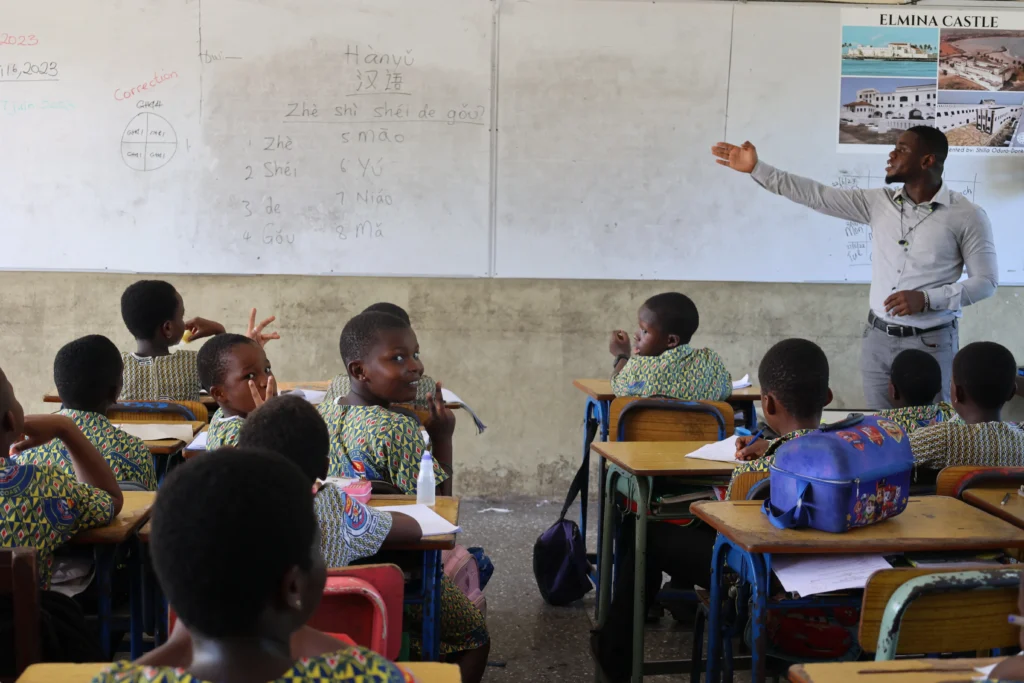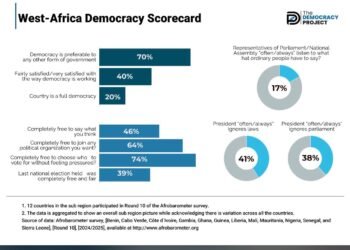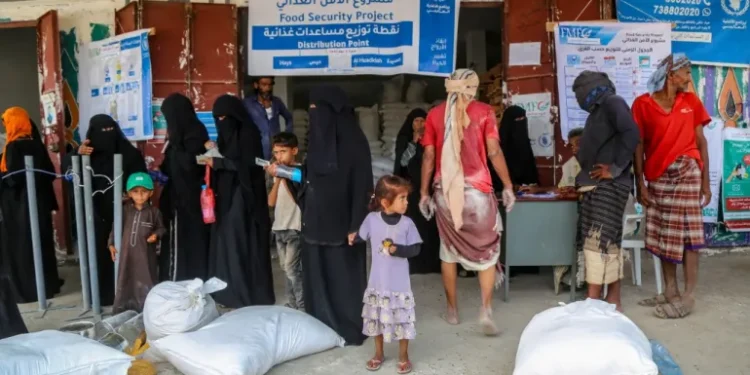Political indoctrination is a pervasive issue in Ghana’s educational system, where students are often taught to adopt a particular political ideology or worldview without being encouraged to question or critically evaluate it.
The political indoctrination of students has far-reaching consequences on their intellectual, social, and political development.
One of the primary effects of political indoctrination is the limitation of critical thinking skills leading to a lack of intellectual curiosity and the inability to think critically.
As such, when students are presented with a singular perspective as the only truth, they are discouraged from exploring alternative viewpoints, analyzing information, and forming their own opinions.
Political indoctrination also leads to biased perspectives, where students are taught to view the world through a narrow lens.
This can result in intolerance towards opposing views, fostering a polarized environment that stifles constructive dialogue and debate.
Accordingly, Hon. Alexander Afenyo-Markin, the Member of Parliament for Effutu, has urged teachers in the Effutu constituency to avoid imparting their personal political beliefs to students, instead maintaining a neutral stance in the lead-up to the 2024 elections.
Afenyo-Markin warned that indoctrinating students with political ideologies can fragment the learning environment, fostering divisiveness and hostility among students.
He made this comment during the distribution of laptops to teachers from the Effutu municipality as part of his one-teacher-one-laptop initiative.
“It’s an election year, you may have your views on the politics that we’re doing, but people have their views. But as teachers, please avoid unnecessary acrimony in the school. Debate your issues, but don’t let it get out of hand. Don’t let us polarize the educational environment. Your children that you are teaching, don’t extend [your ideologies] to them”.
Hon. Alexander Afenyo-Markin
Furthermore, indoctrination can lead to a lack of objective knowledge, as students are presented with incomplete or distorted information that reinforces a particular political agenda.
As such, the MP suggested that indoctrination can hinder students’ understanding of historical and political facts, making them vulnerable to misinformation and manipulation.
Polarization And Conformity
Conformity is another consequence of political indoctrination, as students are pressured to adhere to a particular ideology or risk facing social exclusion or repercussions.

This can suppress individual thoughts, creativity, and innovation, ultimately undermining Ghana’s potential for progress and development.
Political indoctrination can also lead to political polarization, where students become entrenched in their beliefs, leading to divisions and conflicts.
This can undermine democratic values like open-mindedness, tolerance, and critical thinking, potentially harming Ghana’s democratic development.
In view of that, Hon. Afenyo-Markin encouraged teachers to model democratic values by embracing the principles of open-mindedness and tolerance, similar to those exhibited in mature democracies, where diverse perspectives are valued and respected.
“You have your views, please do your critique, do your recommendations in a very healthy atmosphere, we need it. The politics of insults will not help the country. I should be able to rise on my feet and debate my respected colleague on the other side, Dr. Ato Forson, and his team on issues. And thereafter, we take tea, a cup of coffee, fruit juice, or enjoy ‘waakye’, that, is the beauty of democracy. In those advanced countries, that’s what they do.”
Hon. Alexander Afenyo-Markin
Moreover, political indoctrination can inhibit personal growth, stifle intellectual exploration, and limit students’ understanding of the world.
It is essential for Ghana’s educational system to promote critical thinking, objective knowledge, and inclusive political discourse to mitigate these effects and foster informed, engaged, and open-minded citizens.
Hon. Afenyo-Markin emphasized that teachers, who play a vital role in shaping Ghana’s future, must excel in their profession by providing students with a nurturing environment that fosters comprehensive growth, free from ideological constraints, allowing them to explore and develop their full potential.
“Teachers, we want to help you educate our kids. You need the necessary tools, in this era of Artificial Intelligence, if you don’t get the necessary tools, you will be left behind…research and impart knowledge. Fortunately, in Effutu today, we have libraries all over. You have the resources in our libraries to tap into to educate the little ones”.
Hon. Alexander Afenyo-Markin























